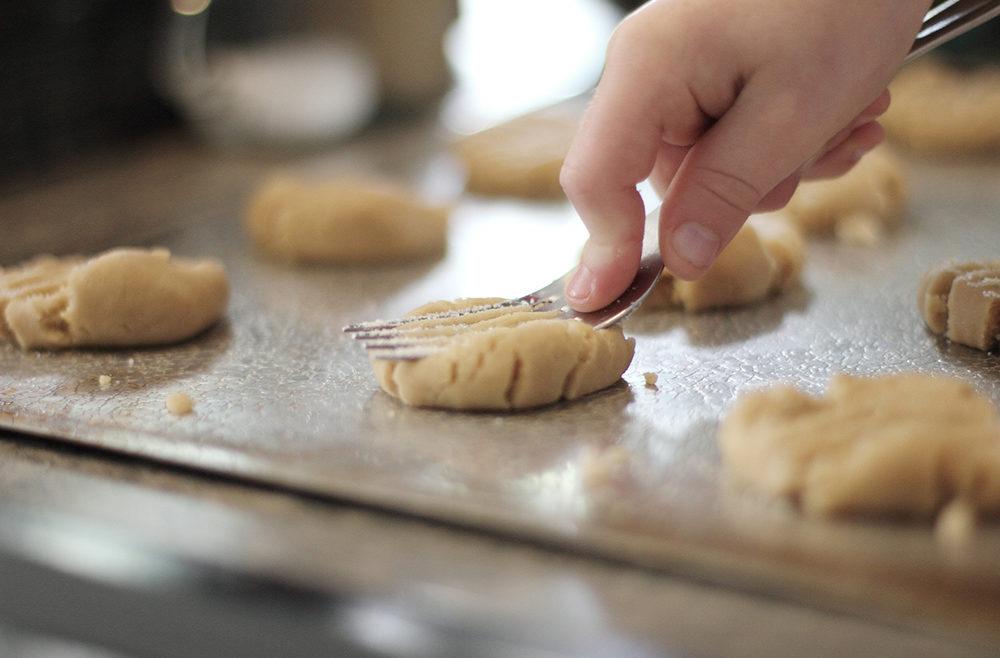With a new year upon us, you might be thinking about New Year’s resolutions. One common resolution that we hear from the parents we work with is that they’d like to create more time in their busy schedules to work on home program activities. It’s a goal that is easier said than done, because there is only so much time in the day, and often the urgent outweighs the important.
Whether your child benefits from occupational, physical, or speech therapy, finding time to work on those skills with your child on a regular basis is a great goal that will benefit your child immensely. One easy way to get started with as little stress and time-commitment as possible is to incorporate therapeutic strategies into the things that you already do with your child.
Here are some simple examples of ways that you can incorporate therapy into activities that you likely already do every day.
Sing songs in the car.
When driving your child to school or daycare, turn off your radio and ask your child what song they’d like to sing. If they’re too young or not verbal enough to choose, pick a few songs that you like and sing them for your child. Even just listening to songs stimulates a variety of areas in the brain and improves language development. By choosing interactive songs like “If You’re Happy and You Know It…” you can also help your child develop their listening and imitation skills.
Take a back seat during bedtime.
At bedtime, it’s easy for us parents to go into autopilot – putting our kids in jammies, brushing their teeth, and choosing the books we’ll read for them. Whenever time allows, try to take a step back and give your child a bit more control over bedtime. Let them choose their jammies and give them the opportunity, if possible, to try to undress and redress themselves. Likewise, show them how to brush their own teeth and let them have a say in what books you read. Going about bedtime this way will take a bit more time, but it will help your child enjoy the routine more and improve their self-help skills.
Invite your child into the kitchen.
Whenever possible, let your child work with you in the kitchen to prepare meals. Their help might be as simple as pouring pre-measured ingredients into a bowl or even pressing the appropriate buttons on the microwave. Your child may also enjoy playing with pretend food or with unused pots and pans on the kitchen floor while you cook. You can talk about what you’re making and practice skills like counting and following directions.
But most of all, remember to enjoy the time you have with your little one. Don’t worry about carving out a ton of time each day. A little one on one time goes a long way!
For more suggestions, feel free to reach out any time. Our occupational therapists, speech therapists, and physical therapists are here to support both you and your child in any way that we can.


